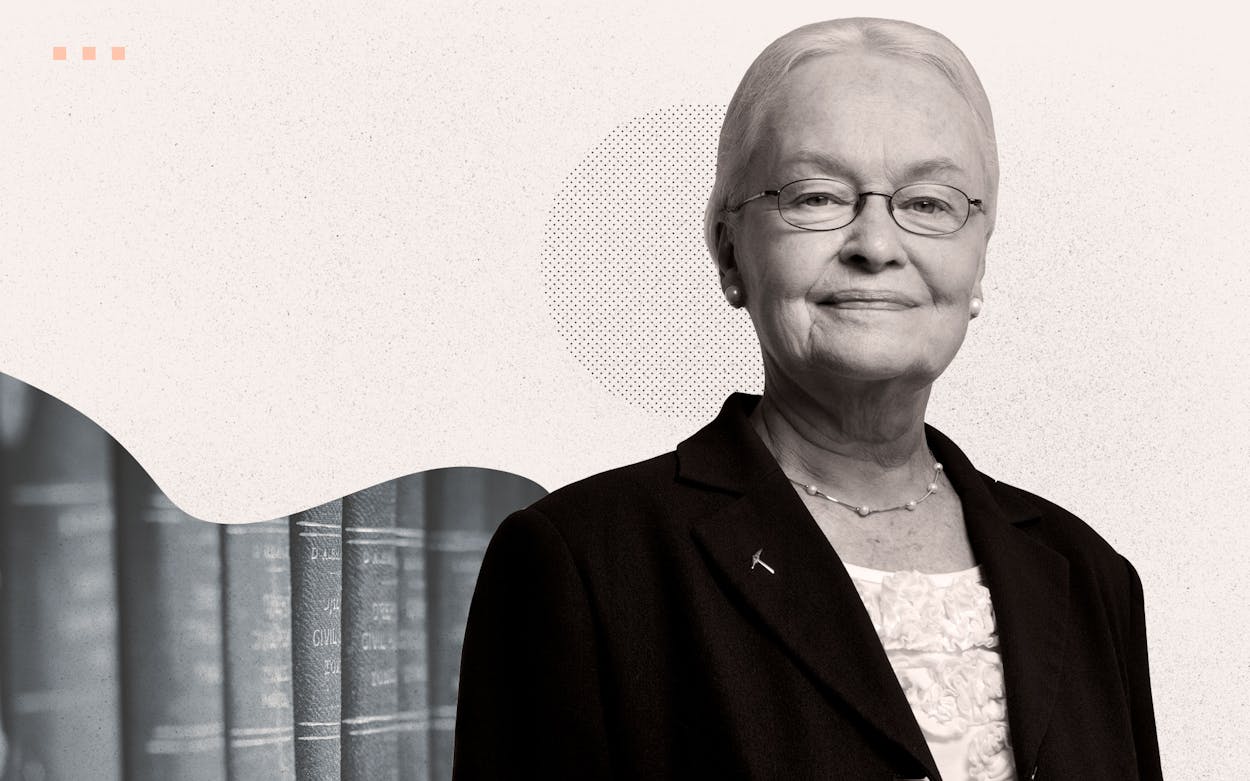Awareness of the power relationship in the workplace has changed because women have become more willing to step forward. Over the past few years we have witnessed an extraordinary change in attitudes and greater confidence among women to share their stories. I think that’s largely because the number of women in the workplace has grown and this greater presence encourages young women to be increasingly confident, high-aspiring, and more forthcoming about their concerns.
Any woman in a higher-profile position—women in administrative and supervisory roles, or faculty role models—has a responsibility to pay close attention to these issues, and to take time to listen when students, faculty or staff seek to talk about them. It’s critical that we send clear signals that these issues are important to us and create safe spaces for these conversations to occur. I don’t think it’s necessarily about giving speeches on the topic. Instead it’s critical to communicate through your everyday conversations and actions a clear sense of openness, trust and confidence.
I’ve thought a lot about how important it is for me to be both a role model of strength and insight, as well as fully open to engage in conversations with students on difficult topics. I support the work of my talented and highly experienced colleagues in student affairs and academic affairs who offer programs that enable young women not only to perceive the confidence and the wisdom of women on our campus, but also to discover their understanding and empathy, which emboldens them to step forward and trust us with their stories.
We all have different roles to play. One of the most important roles is to be very clear myself on where I stand on these issues, and then to be ready at any time to respond as issues are brought to my attention, either directly or through other channels. It’s important to be quite well prepared to support not only students who wish to report or discuss a concern directly with me, but also to support and reinforce those experts on the front lines in providing services across our campus. It’s critical to support their efforts in every way that we can so that the pathway to them is seen as wide open, not filled with speed bumps or barriers of any kind. We need to ensure that institutional policies and procedures are clear and in place, and that women are aware of and fully understand them. And we need to make sure there’s a strong network of women at all workforce levels on campus who understand the importance of listening and providing advice when it’s needed.
Right now, we’re seeing some pushback on behalf of the accused, in an effort to ensure that their rights are respected, wherever they may stand on the issue. That’s obviously very hard to do, and it’ll take effort to get it right. In the meantime, there will be highly publicized instances on all sides where we don’t seem to get it right. Although unfortunate, that should be expected, but it’s essential for all of us collectively to learn how best to deal with these issues. I’m very optimistic that over time, we’re going to see enormous improvement in addressing these issues and, especially, in enhancing respect for all, regardless of gender.
To see resources about female mentorship, getting involved in local issues, and what to do if you experience sexual harassment, read here.
More from this collection
The Women’s Voices Project
In a series of as-told-to conversations, two dozen Texas women talk about gender, work, and what needs to change for women in their home state. Read their perspectives here.






